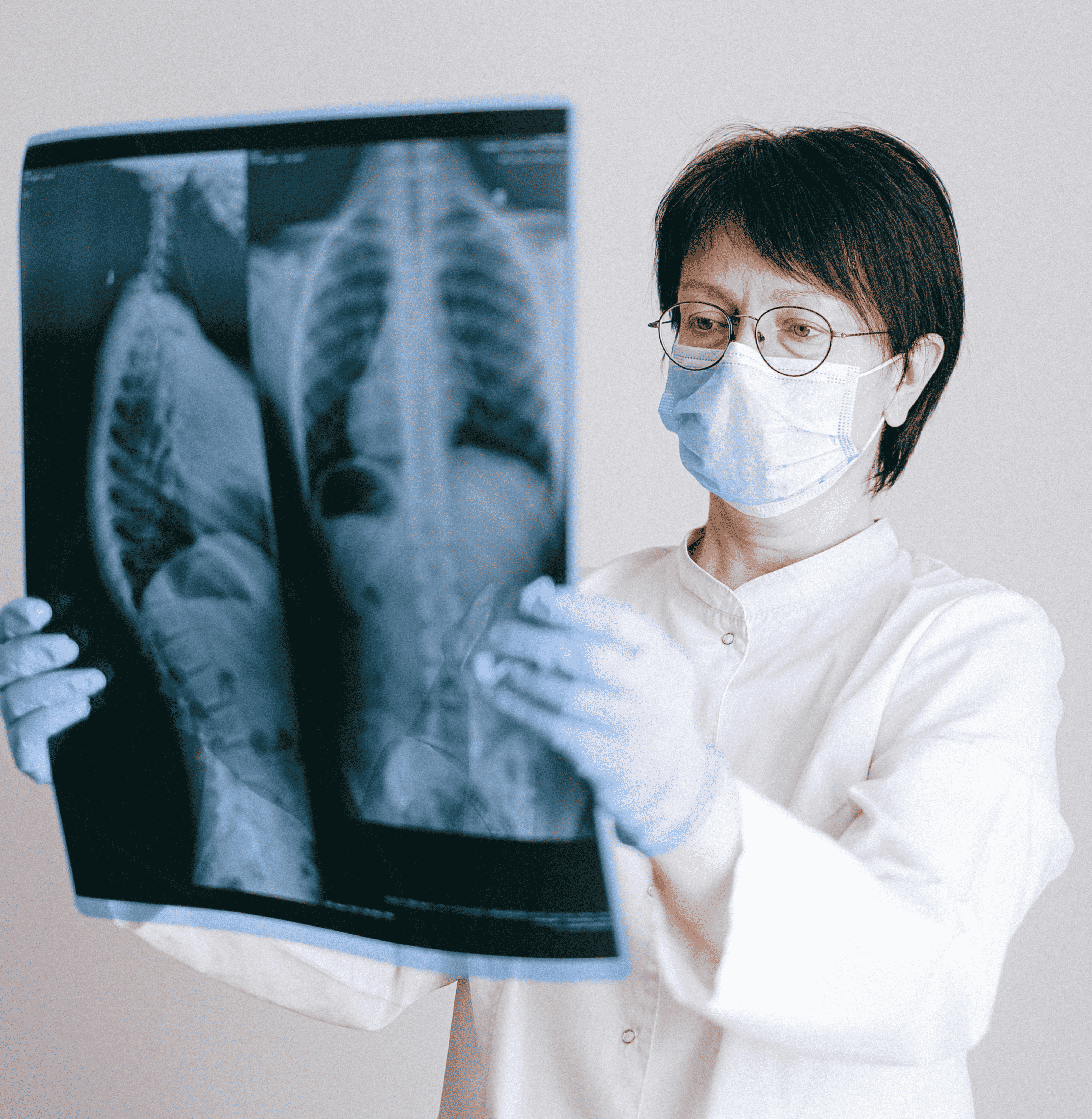
[Update] The discovery of an antibody against Covid-19 was a world first at Erasmus MC and Utrecht University. The scientific publication, which was recently published in the leading journal Nature, will lead to a medicine within six months, says researcher Frank Grosveld. An as yet unknown American pharmacist will produce the drug.
[Below the original message of 18 March]
A world premiere for Erasmus MC and Utrecht University. Researchers from the two universities have discovered an antibody against COVID-19. The scientific paper from the group of ten scientists is now ready for peer reviews from the leading professional journal Nature. The Rotterdam university journal – Erasmus Magazine – first reported the sensational news.
According to one of the people who identified it, the antibody that blocks the infection of SARS1 and SARS2 was already briefly lain in the fridge at the Erasmus MC in Rotterdam. Professor of Cell Biology Frank Grosveld (71) is part of a team of ten scientists. He posted the article about the discovery to BioRxiv last Thursday. BioRxiv is a website where biologists can publish their research before it has been peer-reviewed by a professional journal. The summary talks about an antibody against SARS2, the coronavirus that is causing the current pandemic (COVID-19). The antibody may help detect and prevent this form of Corona infection. This would, therefore, make the active antibody a world premiere.
Very first antibody
The antibody still has to be tested on human beings and this will take a few months. Yet Grosveld is hopeful, according to Erasmus Magazine: “We are now trying to get a pharmaceutical company on board – that’s looking good, by the way – which can mass-produce the antibody as a medicine on a large scale. This is the very first antibody that we know of that will block the infection. And there is a good chance that this will also become a medicine that reaches the market. If this is taken by a patient, then it is expected that the infection can be stopped in that patient. So, the patient will have a chance of recovery.”
In the article, Grosveld has responded critically to the Dutch approach to the Corona pandemic. “We have been too lax and were ill-prepared. For example, there were too few tests and too few restrictions from the outset, even though we saw what happened in China and then Italy.”
Read more on innovations in the fight against the coronavirus here.







